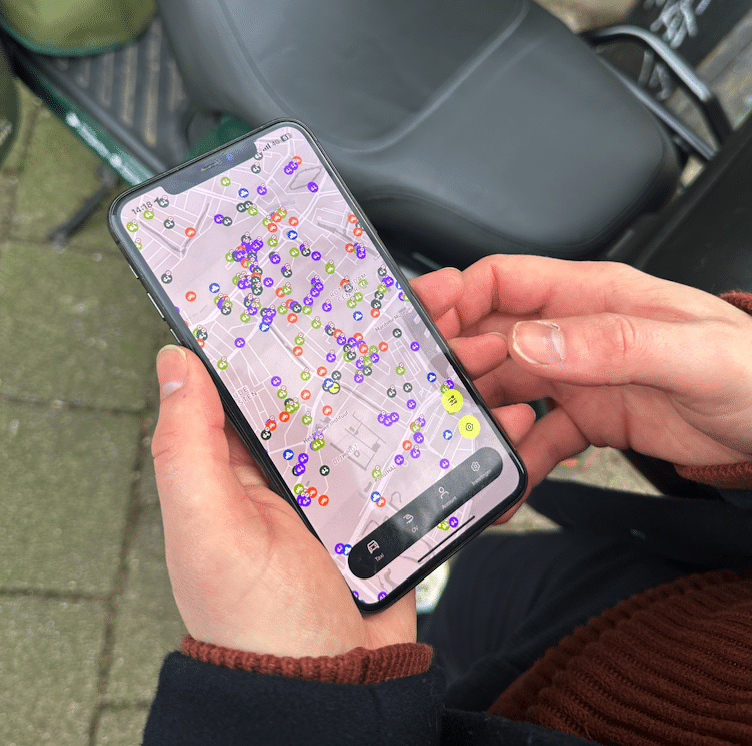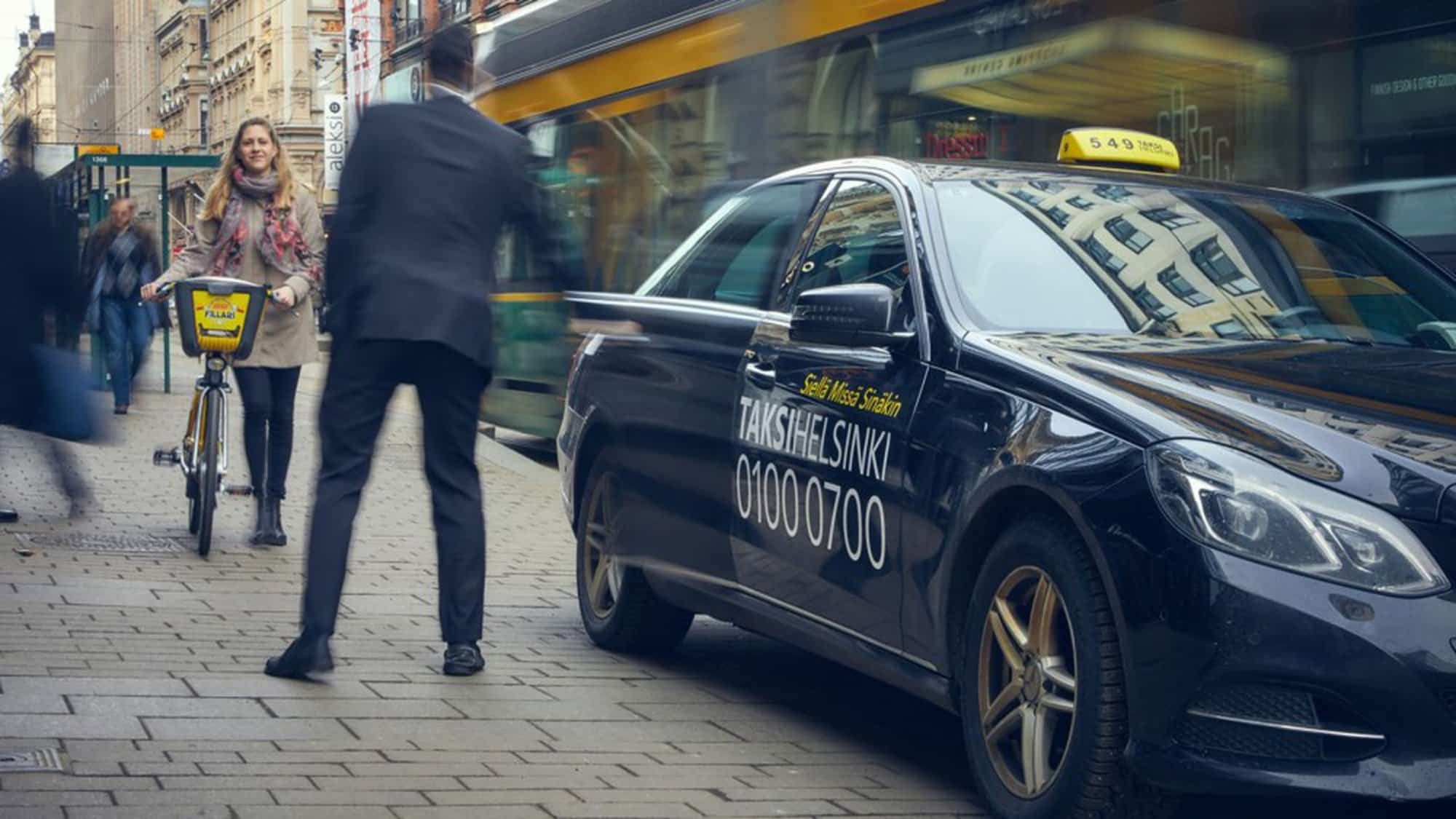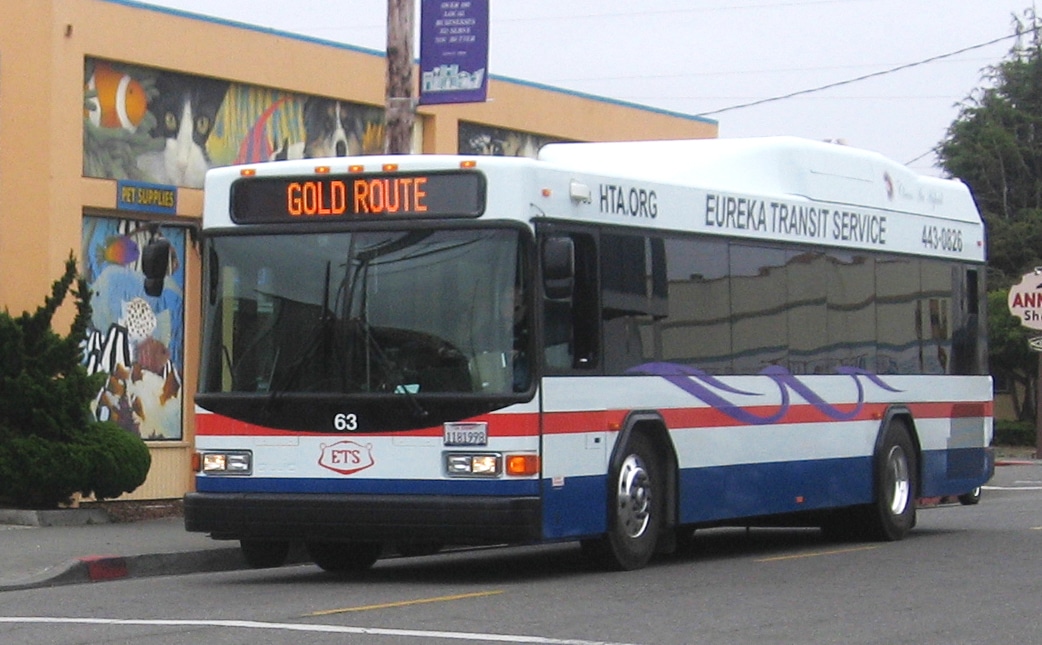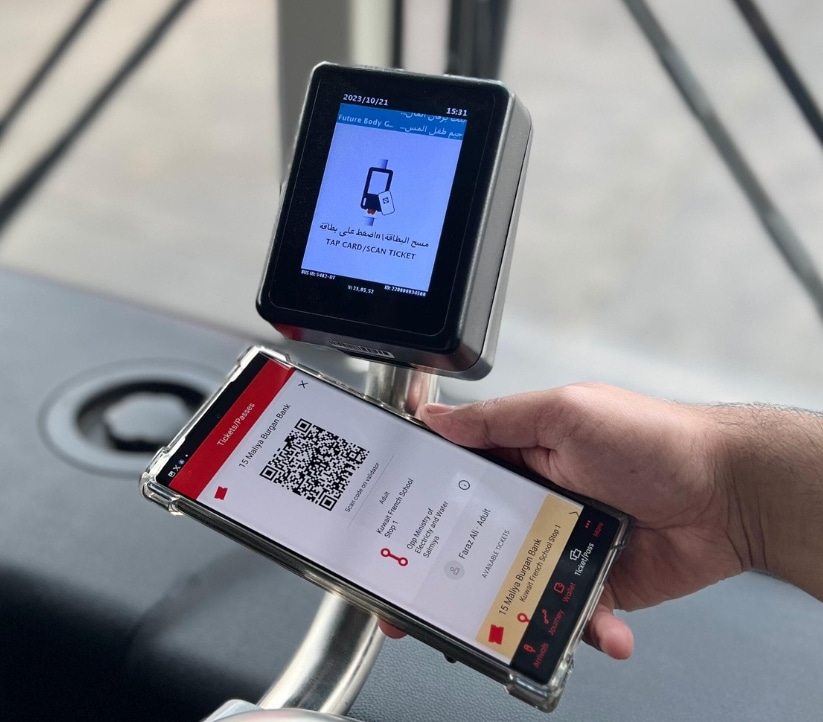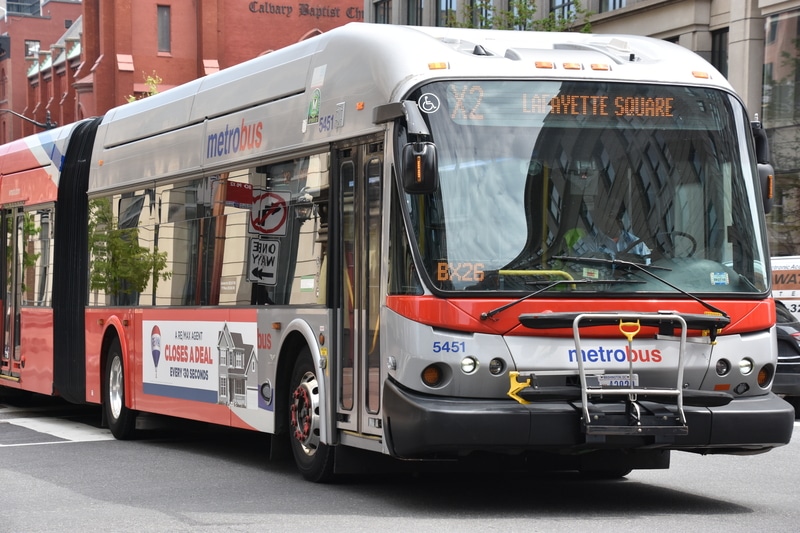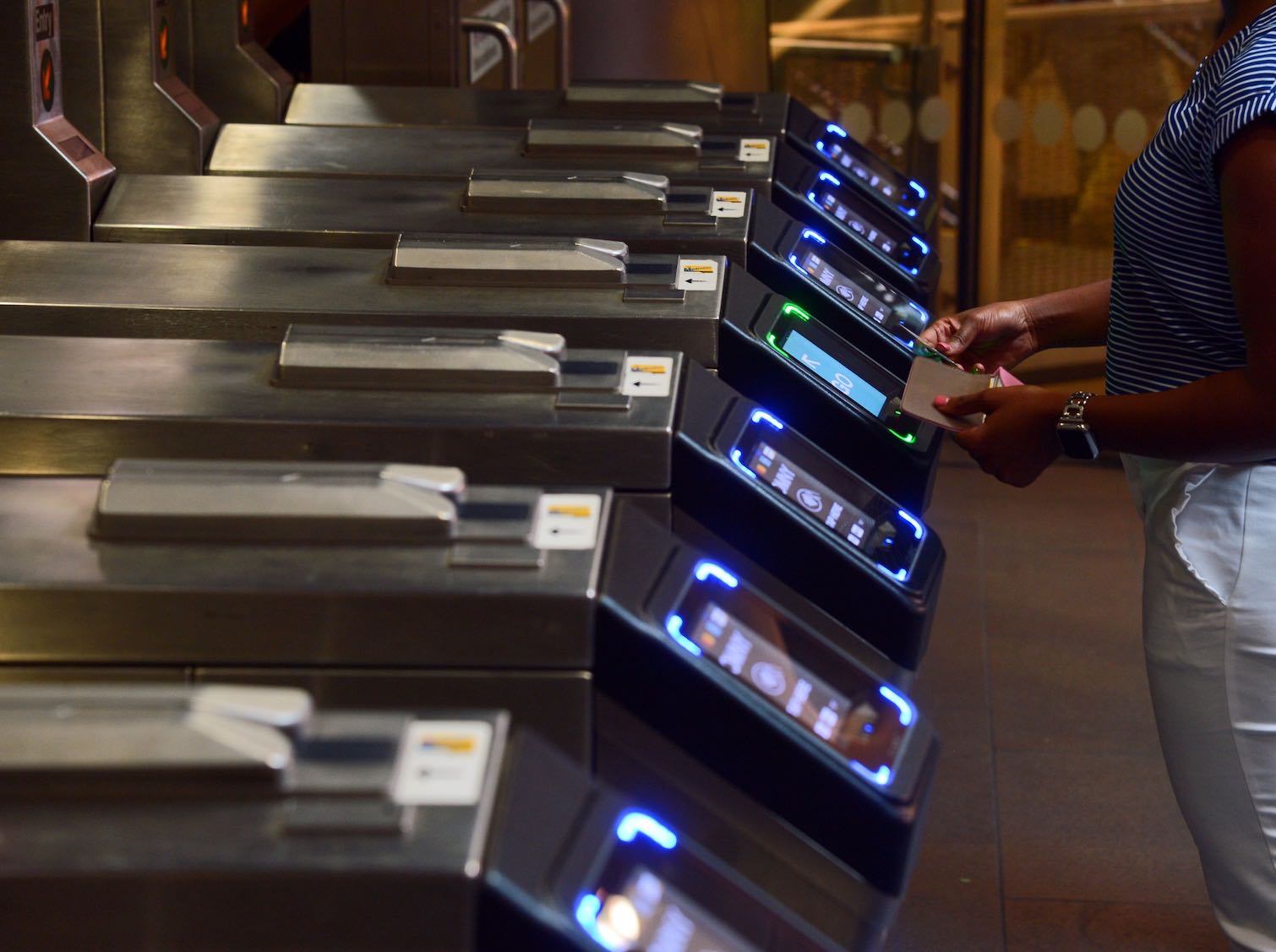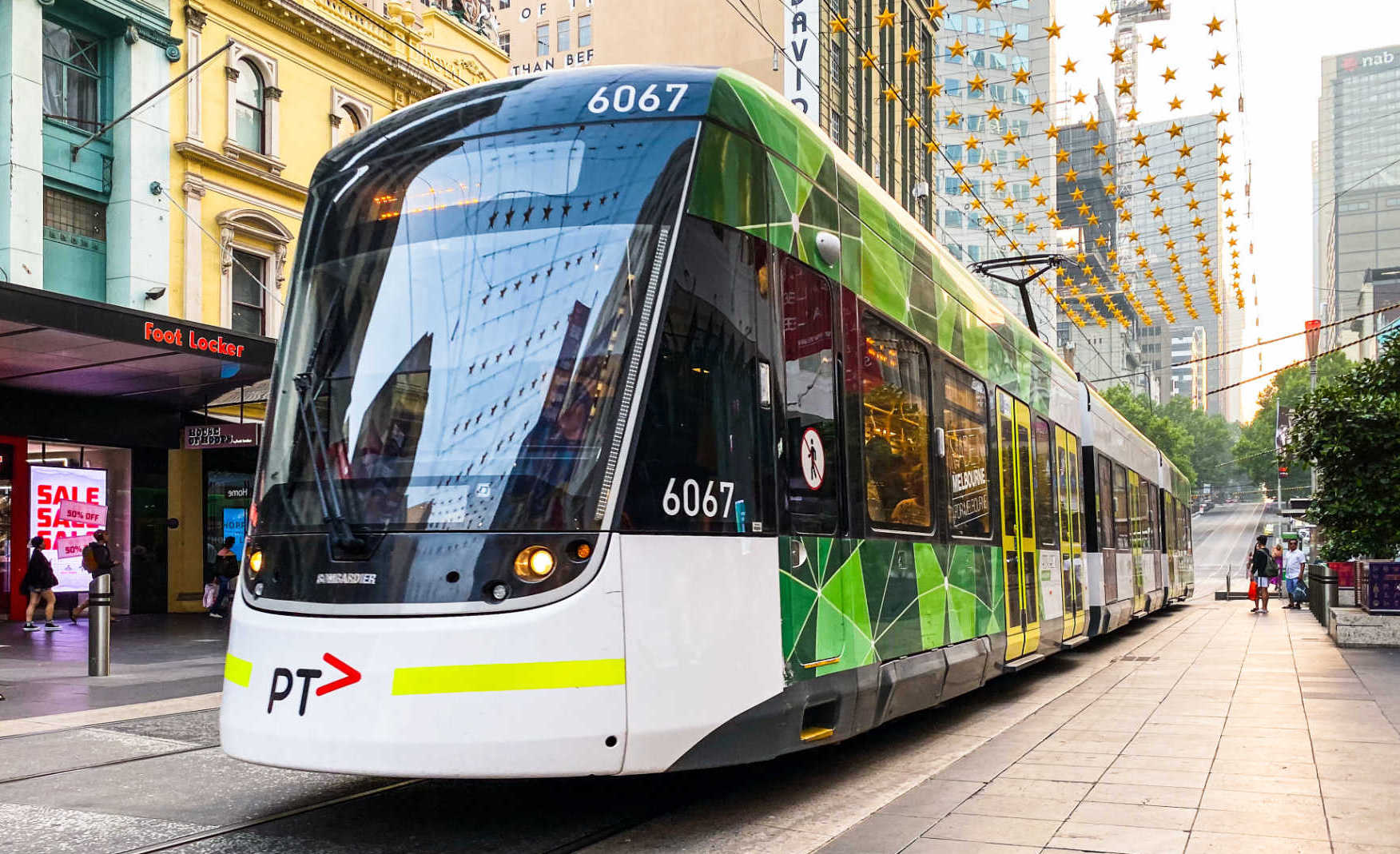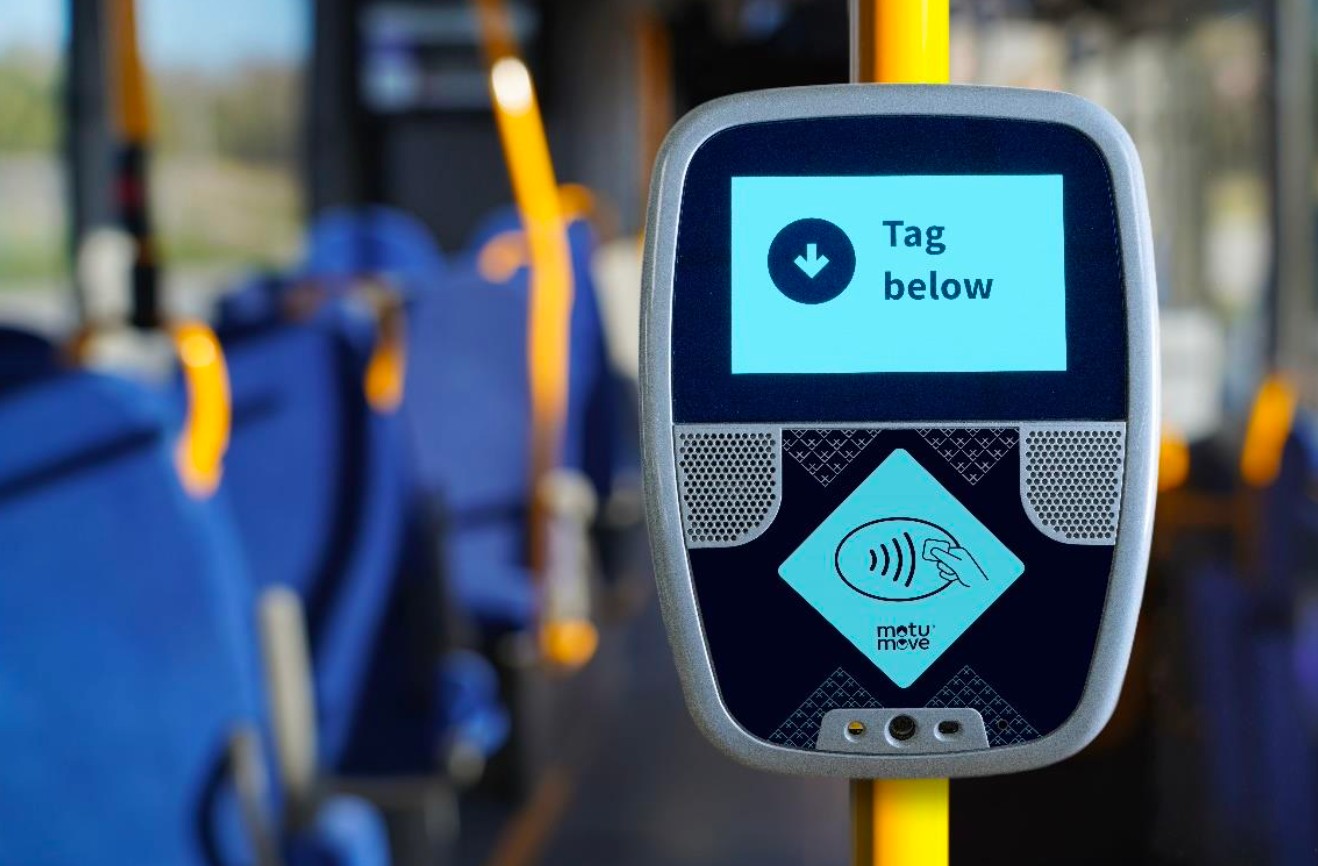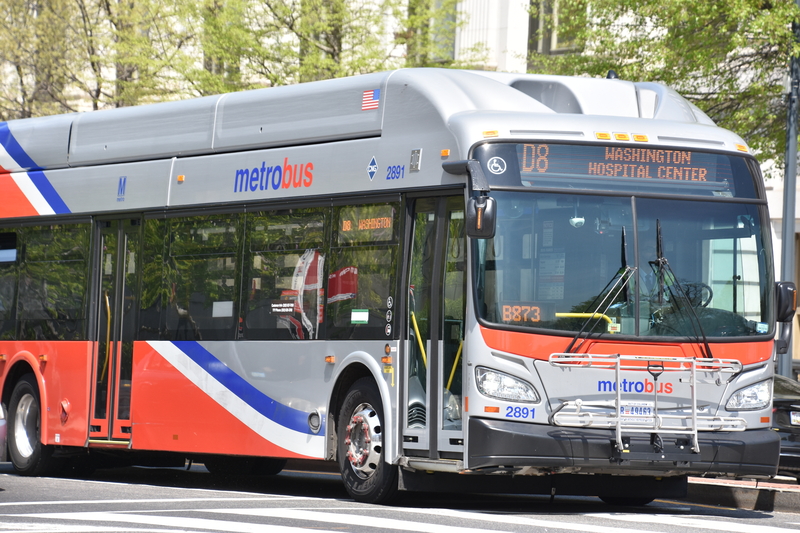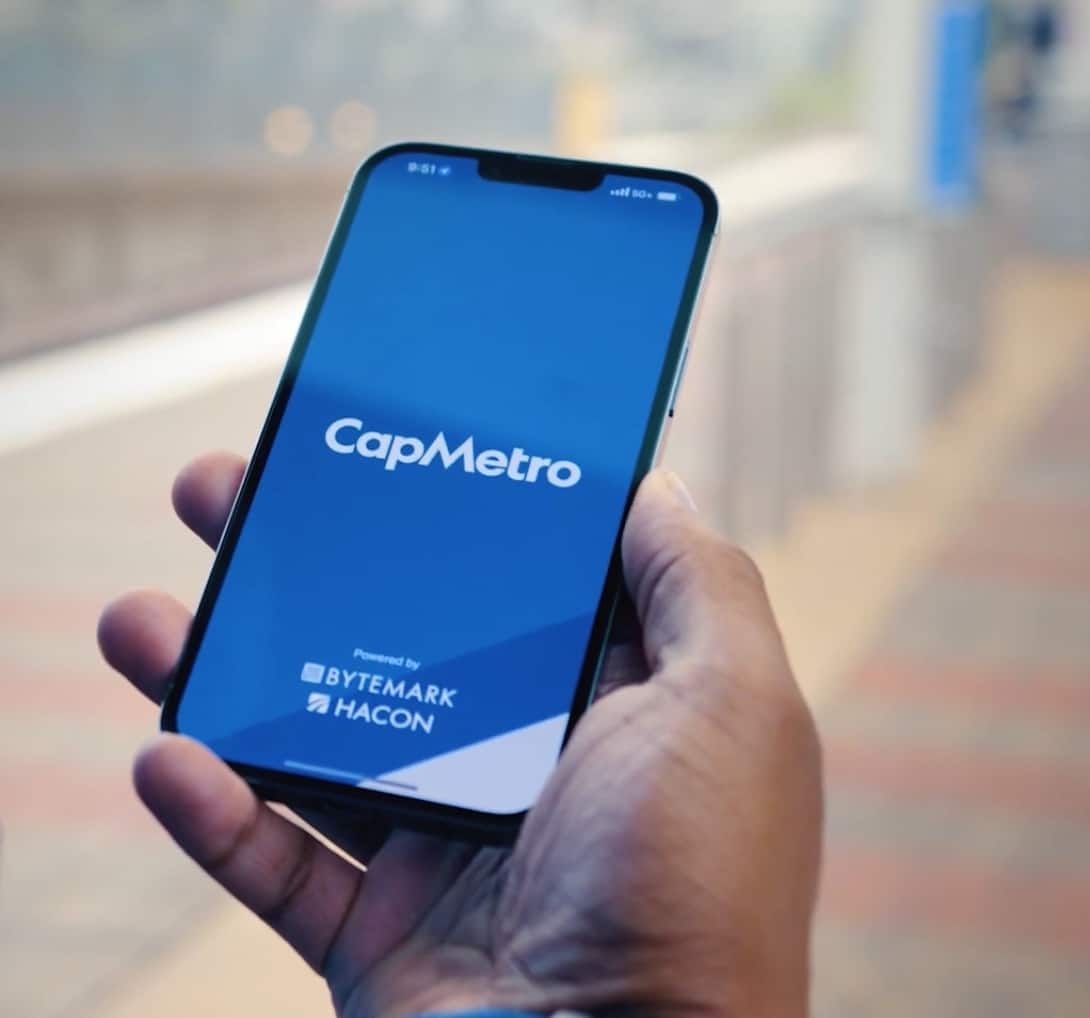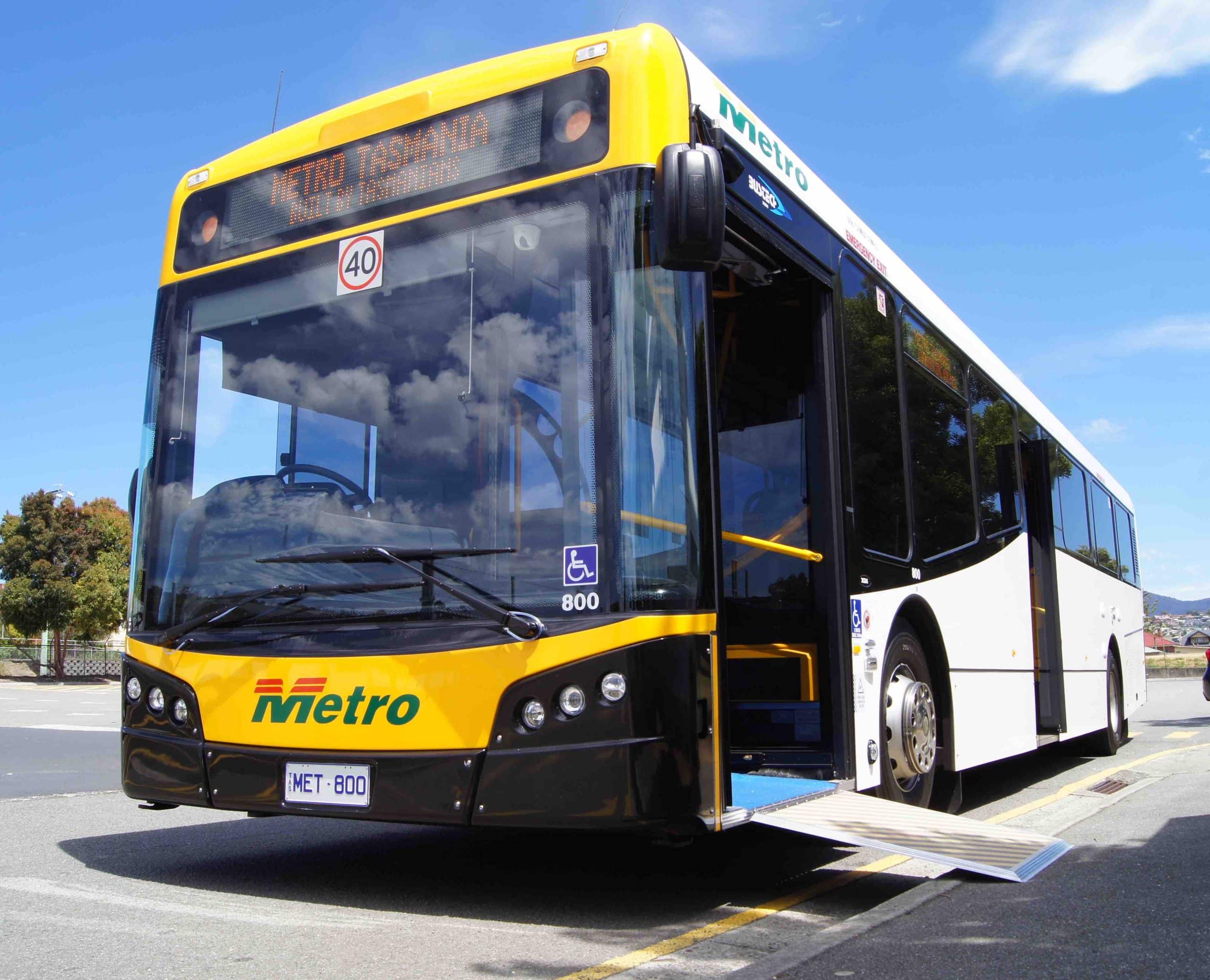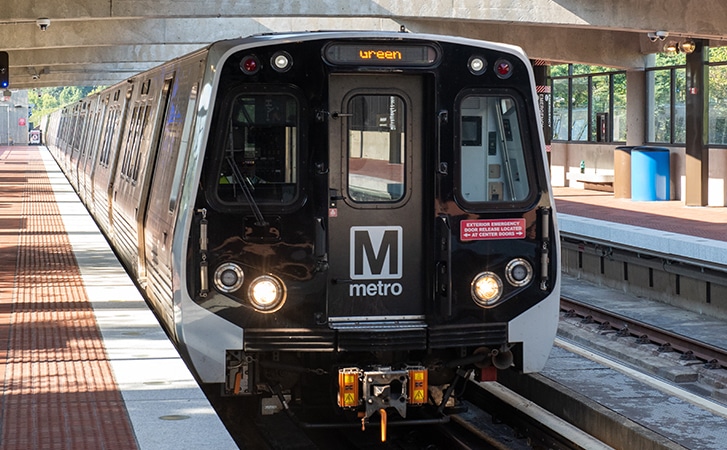
Article Highlights
MaaS Global, a pioneering mobility-as-a-service platform provider, is looking for a buyer, as it faces the prospect of running out of cash, Mobility Payments has learned. The Finland-based start-up has solicited offers from major mobility companies as well as new investors.
It hasn’t been the first cash crunch for MaaS Global. Last year, it reportedly faced a financial squeeze, with press reports saying it had burned through most of the €60 million in funding it had raised as of that time. In August 2021, the company got a much-needed infusion of €11 million.
• MaaS Global
• Siemens Mobility
• Cubic
• Conduent
MaaS Global, a pioneering mobility-as-a-service platform provider, is looking for a buyer, as it faces the prospect of running out of cash, Mobility Payments has learned.







